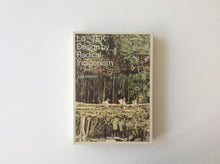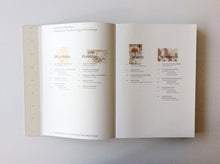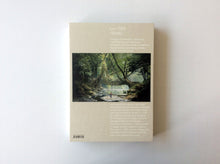
Publisher: TASCHEN, ISBN: 9783836578189, Author: Julia Watson, Format: Hardcover with Swiss Binding, 170 x 244 mm, 440pp
In an era of high-tech and climate extremes, we are drowning in information while starving for wisdom. Enter Lo—TEK, a design movement rebuilding indigenous philosophy and vernacular architecture to generate sustainable, resilient infrastructure. Travelling from Peru to the Philippines, Tanzania to Iran, this book explores millennia-old human ingenuity on how to live in symbiosis with nature.
Three hundred years ago, intellectuals of the European Enlightenment constructed a mythology of technology. Influenced by a confluence of humanism, colonialism, and racism, this mythology ignored local wisdom and indigenous innovation, deeming it primitive. Today, we have slowly come to realize that the legacy of this mythology is haunting us.
Designers understand the urgency of reducing humanity's negative environmental impact, yet perpetuate the same mythology of technology that relies on exploiting nature. Responding to climate change by building hard infrastructures and favouring high-tech homogenous design, we are ignoring millennia-old knowledge of how to live in symbiosis with nature. Without implementing soft systems that use biodiversity as a building block, designs remain inherently unsustainable. Lo-TEK, derived from Traditional Ecological Knowledge, is a cumulative body of multi-generational knowledge, practices, and beliefs, countering the idea that indigenous innovation is primitive and exists isolated from technology. It is sophisticated and designed to sustainably work with complex ecosystems.
With a foreword by anthropologist Wade Davis and four chapters spanning Mountains, Forests, Deserts, and Wetlands, this book explores thousands of years of human wisdom and ingenuity from 20 countries including Peru, the Philippines, Tanzania, Kenya, Iran, Iraq, India, and Indonesia. We rediscover an ancient mythology in a contemporary context, radicalizing the spirit of human nature.
Find more of Julia Watson's writing in Kerb 26: Homelands.















